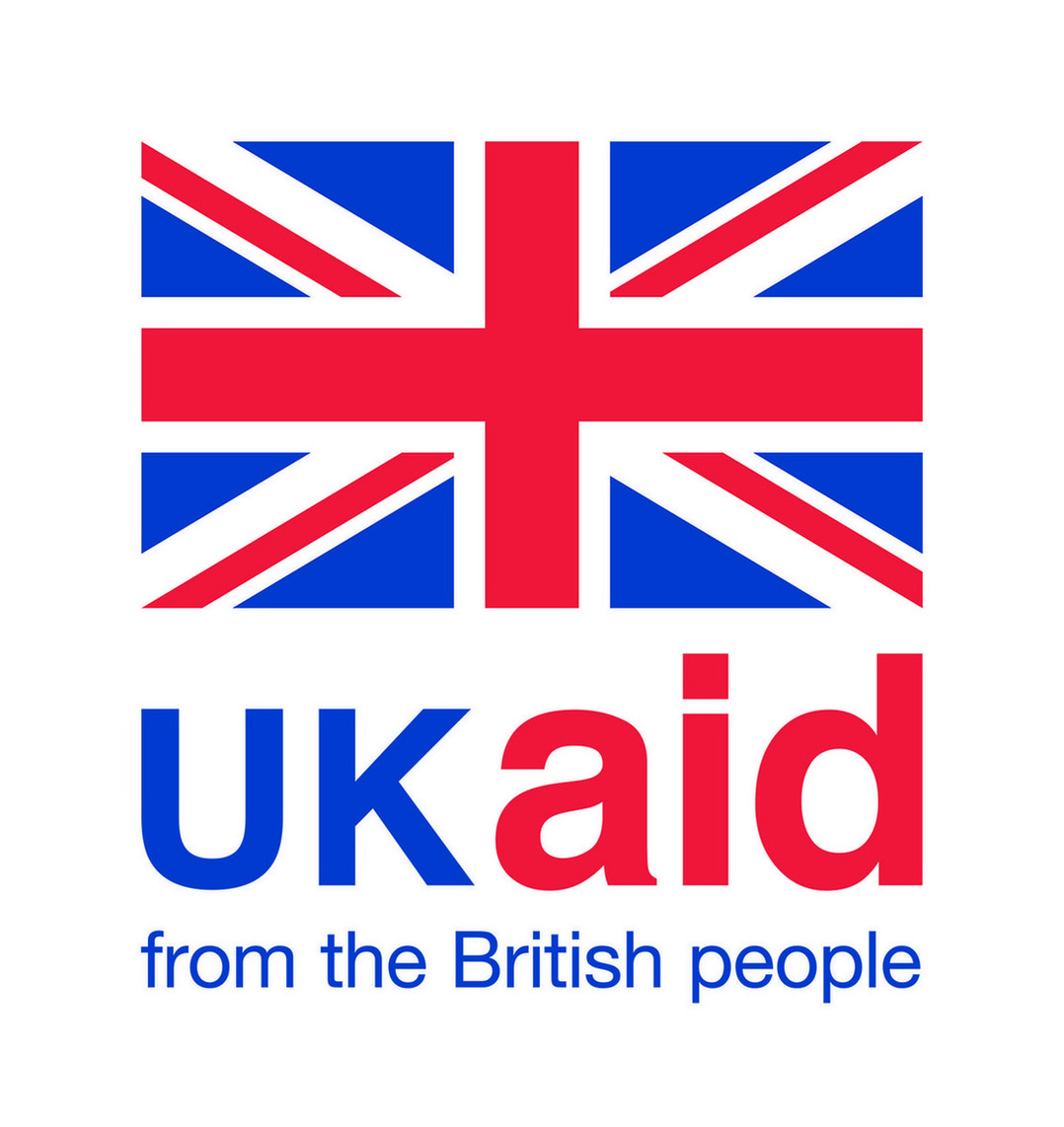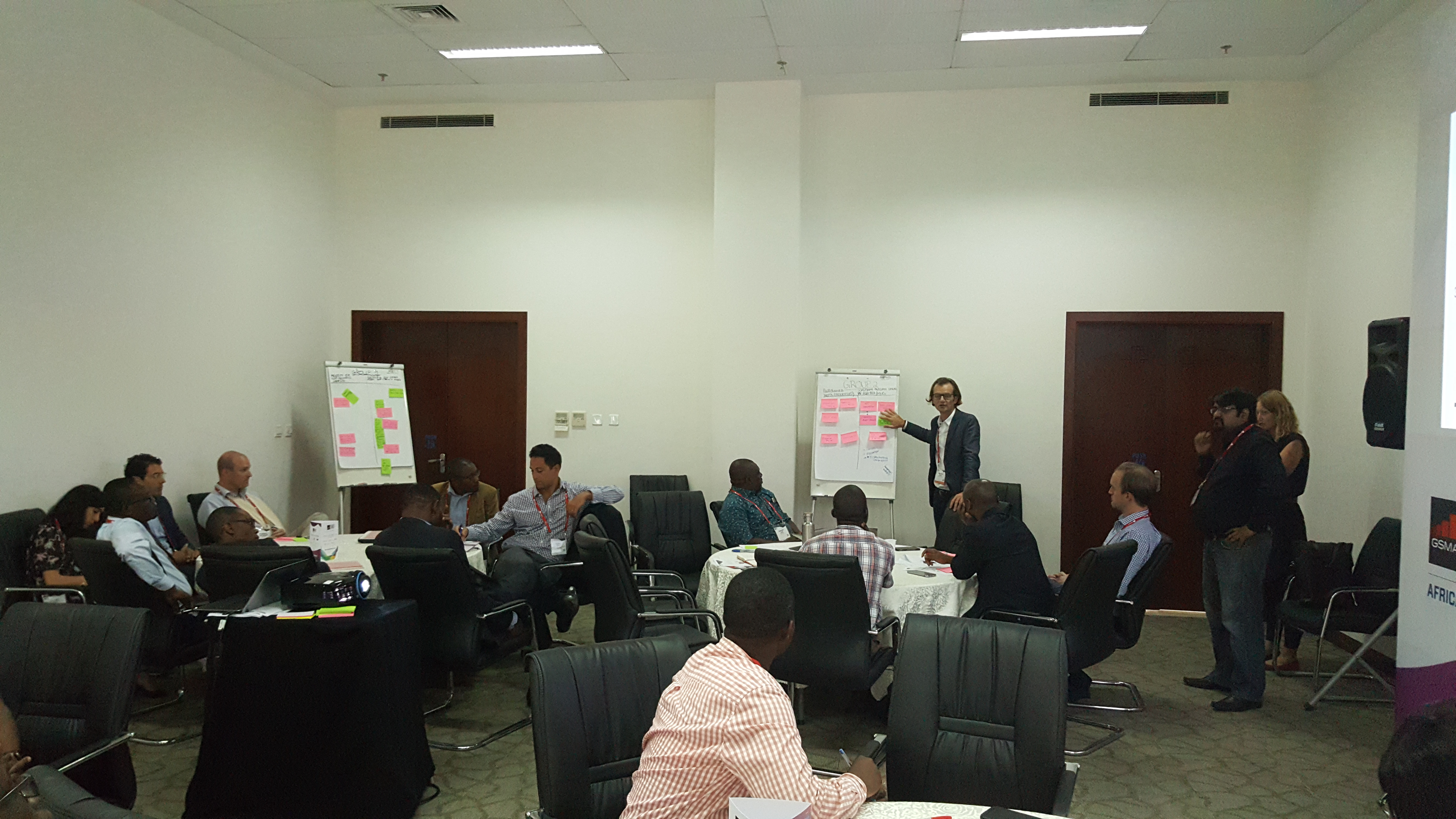The mAgri team have developed expertise in examining usage data and user feedback surveys to interpret how services are being perceived by subscribers. Creating a structured approach for generating feedback and packaging this in a way that is accessible and relevant to the product management stakeholders supports the product team in generating ideas and recommendations on how to iterate those services. Our recently launched report on ‘Creating scalable, engaging mobile solutions for agriculture’ details a number of approaches taken in this respect during the mNutrition initiative, where our grantees’ services helped change the farming practices of 1.5 million smallholders.
As part of this programme, the mAgri team have facilitated numerous events with our grantees and priority learning partners. Having taken time to extoll the virtues of MNOs re-engaging with their subscriber base following product launches, we always try to find time to gather feedback on how the workshop has been perceived by participants and what we can do better – walking the talk if you will. However, it is occasionally difficult to get meaningful feedback as this exercise is generally completed at the end of the workshop when people are tired and looking to get back to the bulging inbox of emails which have been mounting up in their absence.
At the recent GSMA Mobile 360 event, ‘Inclusion, Progress and Development through Mobile’ held in Dar es Salaam, the mAgri team facilitated two workshops. One focussed on knowledge sharing, explaining some of the data driven approaches to product iteration that both mHealth and mAgri teams used alongside their operator product owner counterparts for their project engagements. The second workshop brought together representatives from MNOs, agribusinesses and technology vendors to present the evolution of the mAgri programme; the digitisation of agricultural value chains, as well as gather our own feedback on our current approach. The workshop focussed on the opportunities and challenges that digitisation presents to stakeholders, based on research we have developed in conjunction with our GSMAi colleagues as well as findings from field research undertaken in Côte D’Ivoire, Uganda and Malawi.
Some of the key discussion outcomes from the workshop are highlighted below:
- There were many consistencies regarding needs and priorities of agribusinesses that needed to be addressed;
– Improving the quality of produce sourced from smallholder farmers to achieve better prices;
– Improving the accessibility, volume and effectiveness of training / extension services for farmers to help address quality issues and improve farm management including supporting smallholder farmers with the implementation of relevant Good Agricultural Practices (GAP) associated with certification requirements (market access); and
– Linking smallholder farmers to input suppliers and therefore reducing the burden on the agribusiness to provide input loans and credit.
- The importance of designing solutions which directly address the priority needs of agribusinesses, rather than jumping straight to solutions that don’t match a problem; and
- Understanding who the customers are and which stakeholders will actually be using the solution on a day to day basis.
Although still at the beginning of this journey, we were approached independently by representatives of two operators who both gave very positive and unprompted feedback. Confident that we are moving in the right direction early in the process was a great validation exercise for the months of hard work which have gone into developing the content and background for those discussions, giving us renewed impetus to continue our work in the mAgri space.
This project was funded with UK aid from the British people.


